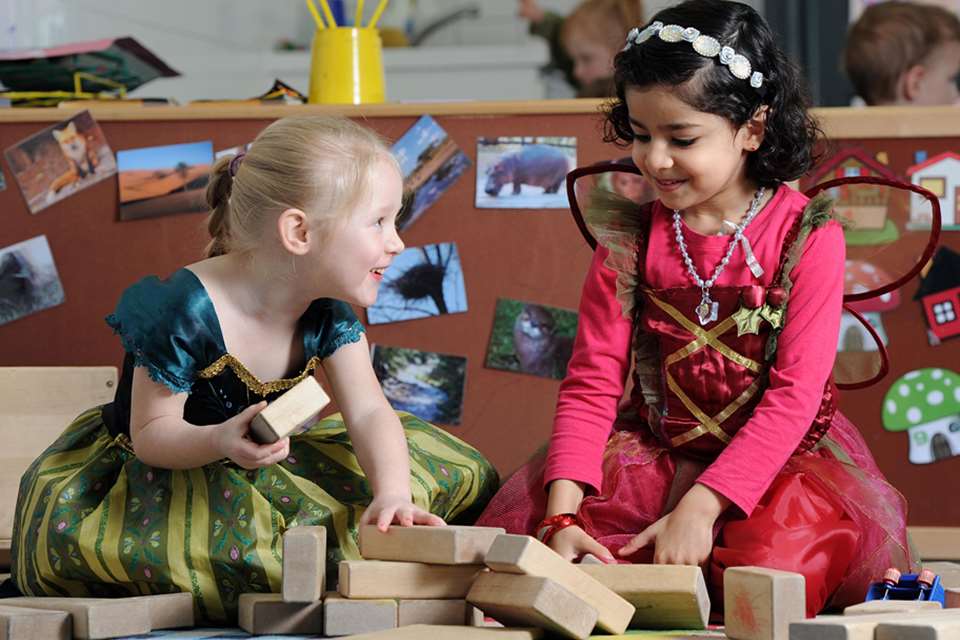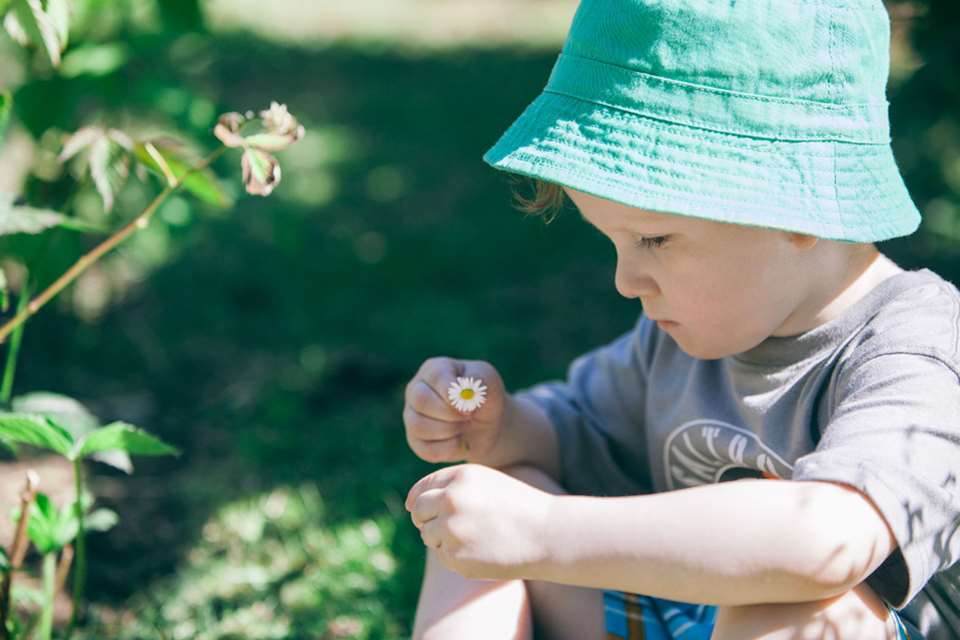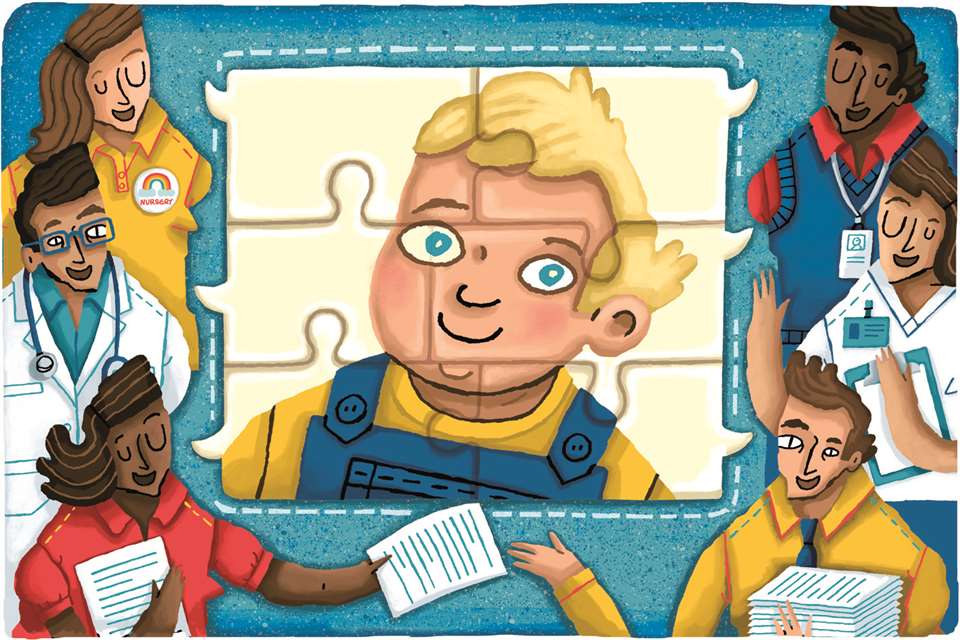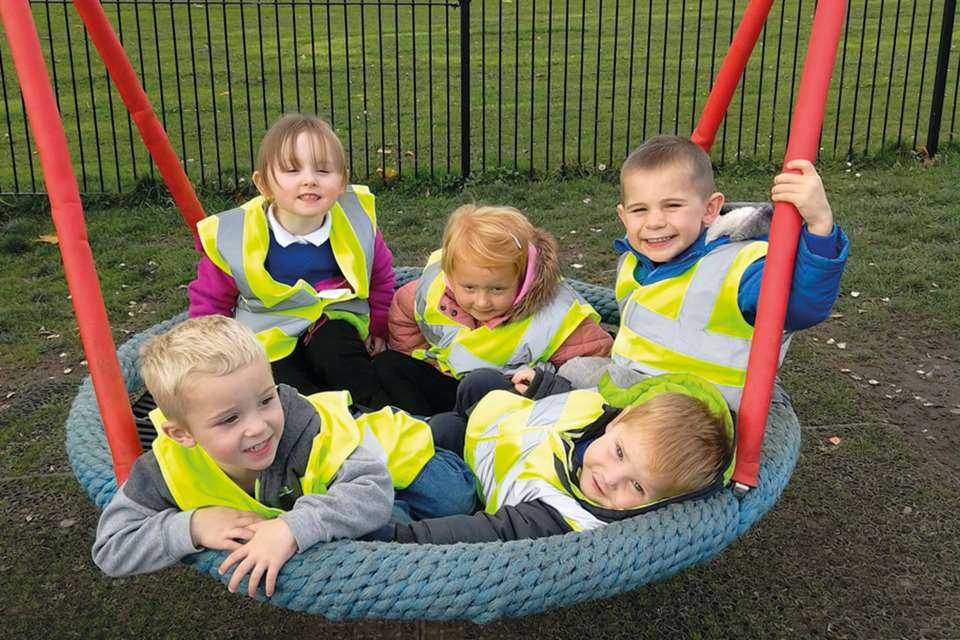Lack of awareness stopping providers from applying for EYPP
Monday, February 27, 2017
One in five nurseries has not applied for the Early Years Pupil Premium because of a lack of knowledge, a survey reveals.
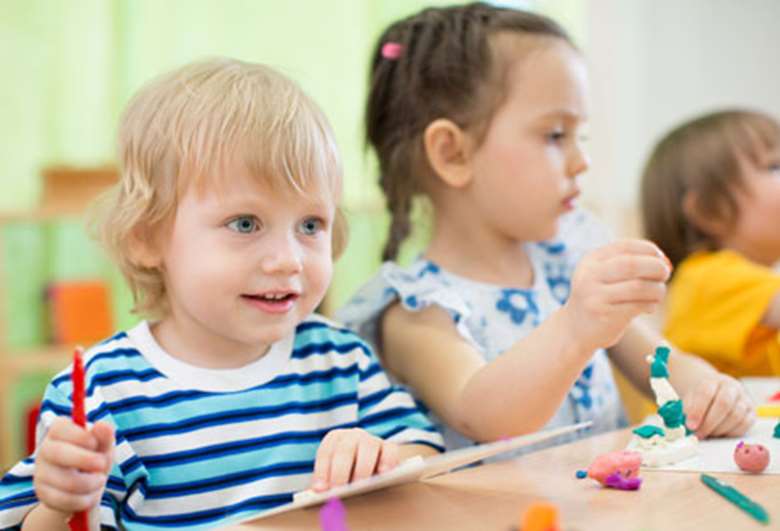
Findings from the Department for Education’s Early Years Pupil Premium survey of 1,049 providers reveals that one of the main reasons nurseries and schools did not apply for the Early Years Pupil Premium (EYPP) funding was because they did not know enough about it. Some were unaware that they have to apply for the funding themselves.
Of the total number of providers that took part, 187 nurseries and 94 school-based providers hadn’t applied for the Early Years Pupil Premium (EYPP), along with two out of three childminders.
Nineteen per cent of nurseries and more than 20 per cent of school-based providers said that they hadn't applied because they didn't know enough about the EYPP. A quarter of nurseries said that they had heard of the funding, but knew almost nothing about it.
Other reasons for not applying included not having eligible children, parents of eligible children not providing their details or completing an application form, and being put off by the application process because of the ‘hassle’ and paperwork.
The survey, which was conducted by Kantar Public between March and May 2016, looked at providers' awareness and usage of the EYPP - extra funding for early years settings to improve the education they provide for disadvantaged three- and four-year-olds.
It found that a higher proportion of school-based providers, 81 per cent, had applied for the EYPP, compared to 63 per cent of nurseries.
School-based providers were more likely to have applied for EYPP for a larger number of children and to have received a greater amount of funding.
Currently settings receive up to £300 per year for each eligible three- and four-year-old.
Identifying children
Actions taken by providers to identify children eligible for the funding included sending an e-mail or letter with an application form to all parents telling them about the EYPP, speaking to or sending an application form to parents of two-year-olds taking up a free childcare place, looking at older siblings receiving free school meals, and putting up a poster about the EYPP in their setting.
Childminders had conversations with parents when they first joined the setting and then made their own judgement.
One in six nurseries and one in five school-based providers said they were disatisfied with the support from their local authority.
Use of the EYPP
According to the survey responses, the majority of providers decided how to use the funding by assessing the needs of the child receiving the EYPP.
Nurseries and school-based providers commonly used the funding to pay for literacy and numeracy resources, for existing staff to provide more targeted support for children in receipt of the EYPP, to support staff development and purchase outdoor resources.
Many childminders used the EYPP to improve the resources they had in their setting. Childminders reported purchasing a wide range of resources, including toys, specialist clothing and equipment, such as roller blades and ballerina shoes, and educational books and flashcards. There were also instances of childminders purchasing resources for the child to have in their home due to a local of stimulation in their home environment.
Support was focused on the areas of early language and communication, followed by personal, social, and emotional development (PSED).
Some childminders in the survey used a proportion or all of the funding to pay for activities and trips or to pay for training for themselves or assistants that work in their setting.
The majority of nurseries, schools and childminders did not pool their funding, a suggestion made by the Government to make the funding stretch further.
Impact
The EYPP was felt to have had a positive impact on nurseries’ and school-based providers’ ability to provide care for disadvantaged children.
However, among childminders the perceived impact of EYPP on eligible children varied. On the whole, it was seen as more as ‘nice to have’.
Some childminders felt they could have achieved the same outcomes without the EYPP.
Providers said that they expected the funding to improve the overall quality of the setting or the experiences of eligible children.
School-based providers that received more than £1,000 in EYPP funding were more likely to agree that without the money their setting would not be able to do as much for disadvantaged children as it currently does.
Future use
The survey found that the majority of providers that applied for the funding were likely to apply for it again.
However, how nurseries said they would spend the money next time round differed slightly as to how they were currently using it, this included focusing spending more on funding extra sessions for eligible children, recruiting or hiring the services of language experts, and employing extra staff.
Purnima Tanuku, chief executive of the National Day Nurseries Association (NDNA), said, 'These figures that show a lack of knowledge of the EYPP in a fifth of group providers are surprising.
'It’s very important that nurseries make sure they understand the EYPP and are drawing it down for eligible children. Ofsted looks at this as part of their inspections, so it’s concerning when it’s been in the framework for some time that this proportion of providers are still unaware of it.
'It is also worrying that over half of respondents said they weren’t satisfied with the support from their local authority and one in six were dissatisfied.
'More needs to be done by local authorities to both support providers and to raise awareness of the EYPP for providers and parents, so every child who should benefit from this actually does. For nurseries with eligible children, this money can support them to provide more resources and staff training such as NDNA’s Champions schemes which support literacy, numeracy or SEND across a setting.
'We have campaigned for the EYPP to be raised to the same amount as it is in schools – every pound spent in early years pays dividends in later schooling.'
Liz Bayram, chief executive of PACEY, said, 'It is clearly far more challenging for childminders to assess which families might be eligible for EYPP, although it was interesting to read in the study the novel approaches that some childminders are employing.
'The important question is - with the schools pupil premium set at a far higher level to EYPP, how realistic is it that EYPP funding can address the deep social issues that we know can hold back children from disadvantaged backgrounds? Particularly for childminders, the small sums involved prevent the funding being used in high impact ways.
'Once more, this study points to the need for a properly funded early education system.'


